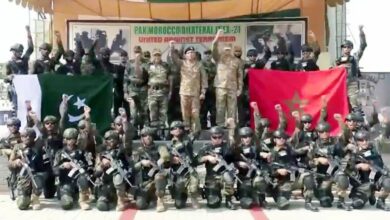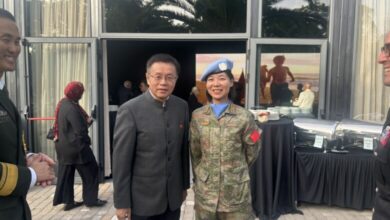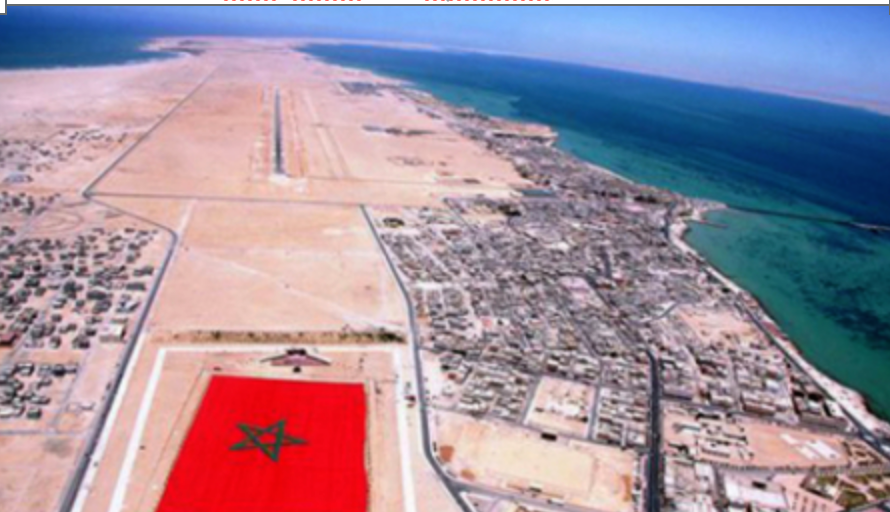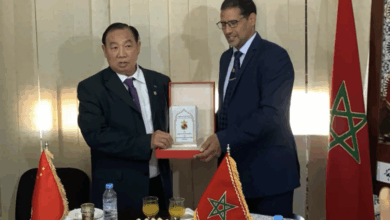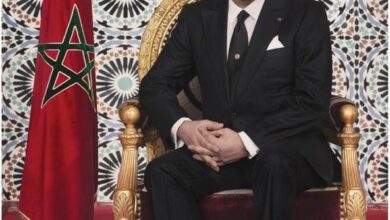Bandung… The Cry for Liberation That Changed the Face of the World
Bandung… The Cry for Liberation That Changed the Face of the World
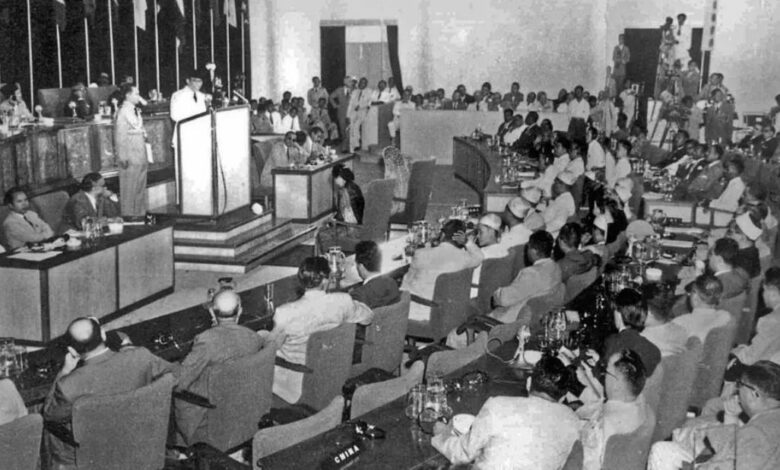
ALDAR/
Seventy years ago, in April 1955, representatives from 29 countries gathered in the Indonesian city of Bandung, carrying with them the hopes of their peoples for freedom and a new future, far removed from the legacy of colonialism. That moment was more than just an international conference; it marked the birth of a new force on the global stage, later known as the “Third World.”
In the Merdeka Hall, formerly a club for Dutch colonial officers, the voice of Indonesian President Sukarno echoed during the opening of the conference, delivering a message to the peoples who had shaken off the shackles of colonialism: “Colonialism is not yet dead. Let us be vigilant not to fall back into its trap.” The goal was clear: to unite Asia and Africa on a shared path toward freedom, dignity, and true independence — not only politically but also economically.
The conference brought together newly independent Asian nations alongside countries from the Middle East and Africa, as well as prominent figures such as Egyptian leader Gamal Abdel Nasser, Indian Prime Minister Jawaharlal Nehru, and Chinese Premier Zhou Enlai. Representatives from liberation movements also took part, including Algeria’s National Liberation Front, Morocco’s Istiqlal Party, and the Tunisian national movement — voices that embodied the era’s momentum and the desire of peoples for sovereignty.
During the discussions in Bandung, participants raised urgent calls to reshape the global economic system. They emphasized the need for economic independence to accompany political freedom, calling for fair trade cooperation, the stabilization of raw material prices, and the establishment of a United Nations fund to support the development of poorer nations. These proposals, which predated the founding of the United Nations Conference on Trade and Development (UNCTAD), laid the groundwork for new forms of South-South cooperation.
The Bandung Conference ignited the formation of future international coalitions such as the Non-Aligned Movement and the BRICS group. It paved the way for a multipolar global order, giving a stronger voice to countries that had long been pushed to the margins of international affairs.
Although the conference did not succeed in forming a coherent third bloc outside the Cold War binary, its symbolic and political impact still resonates today. As described by poet — and later Senegalese president — Léopold Sédar Senghor, it was “the greatest thunderclap in history since the Renaissance.”
Bandung was not just a memory, but a declaration of collective awakening — a cry from nations determined to shape their own destinies, stepping out from the shadows of colonialism into a future of independence and meaningful participation in shaping the world’s direction.

